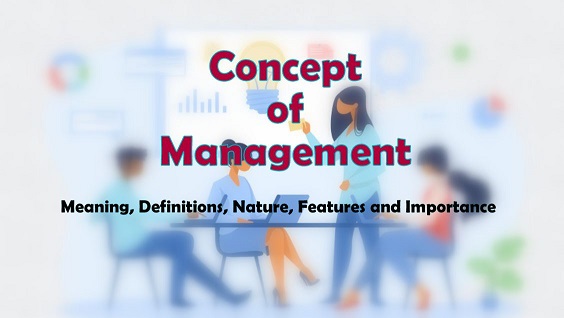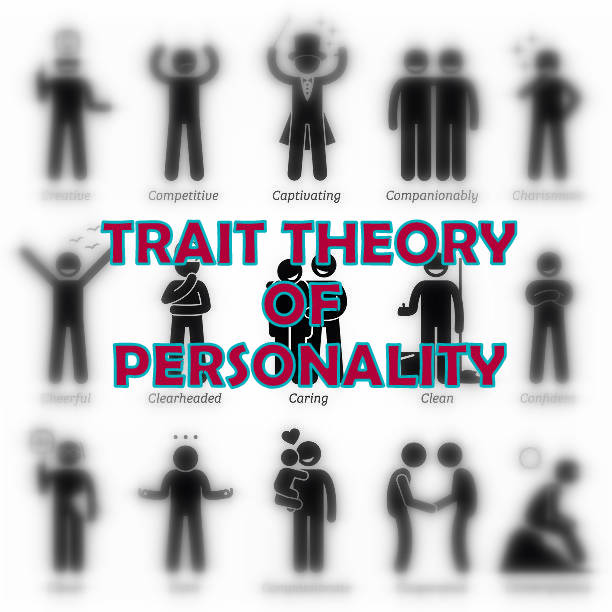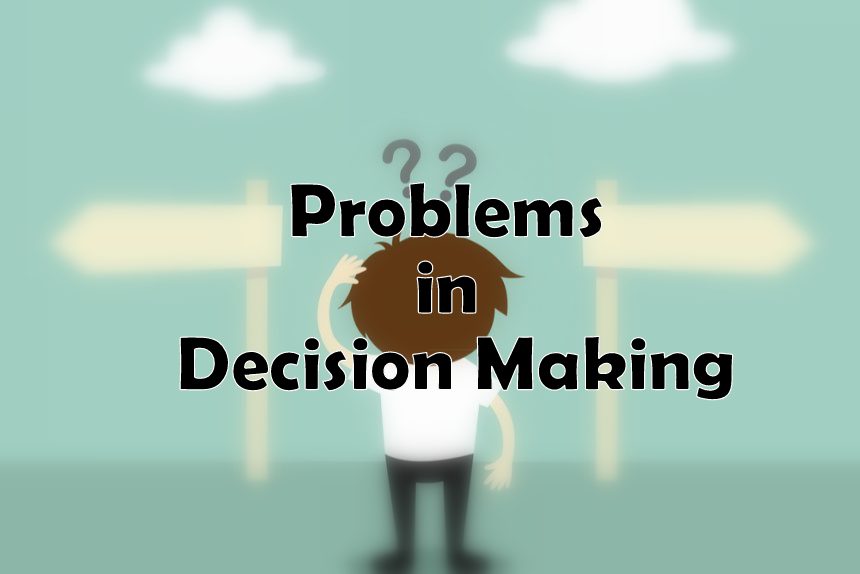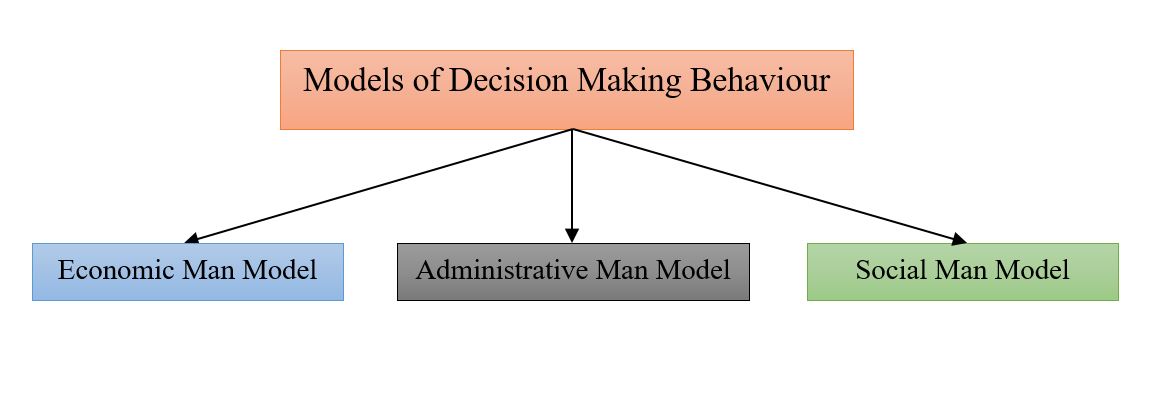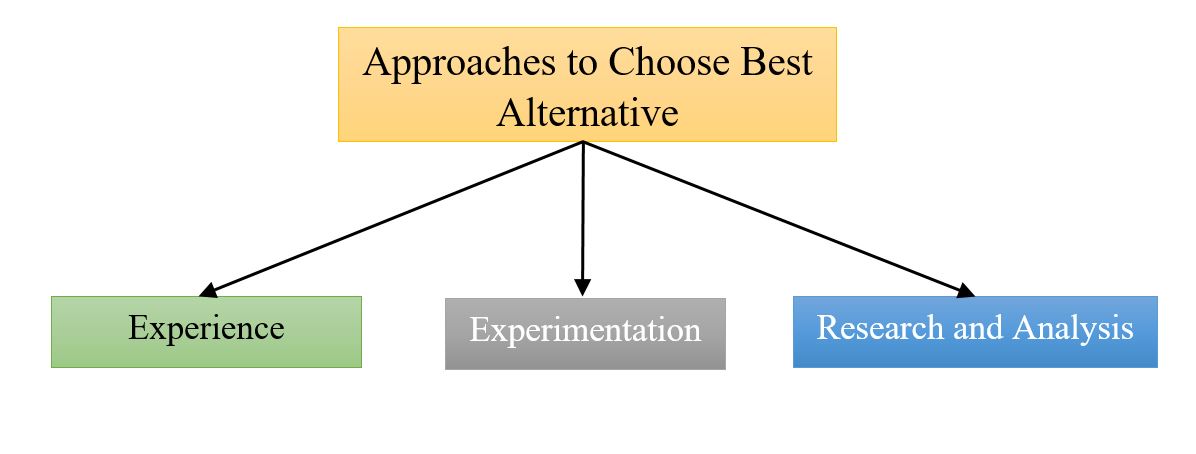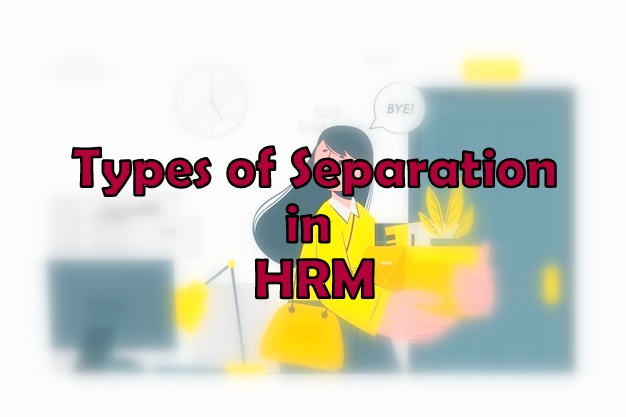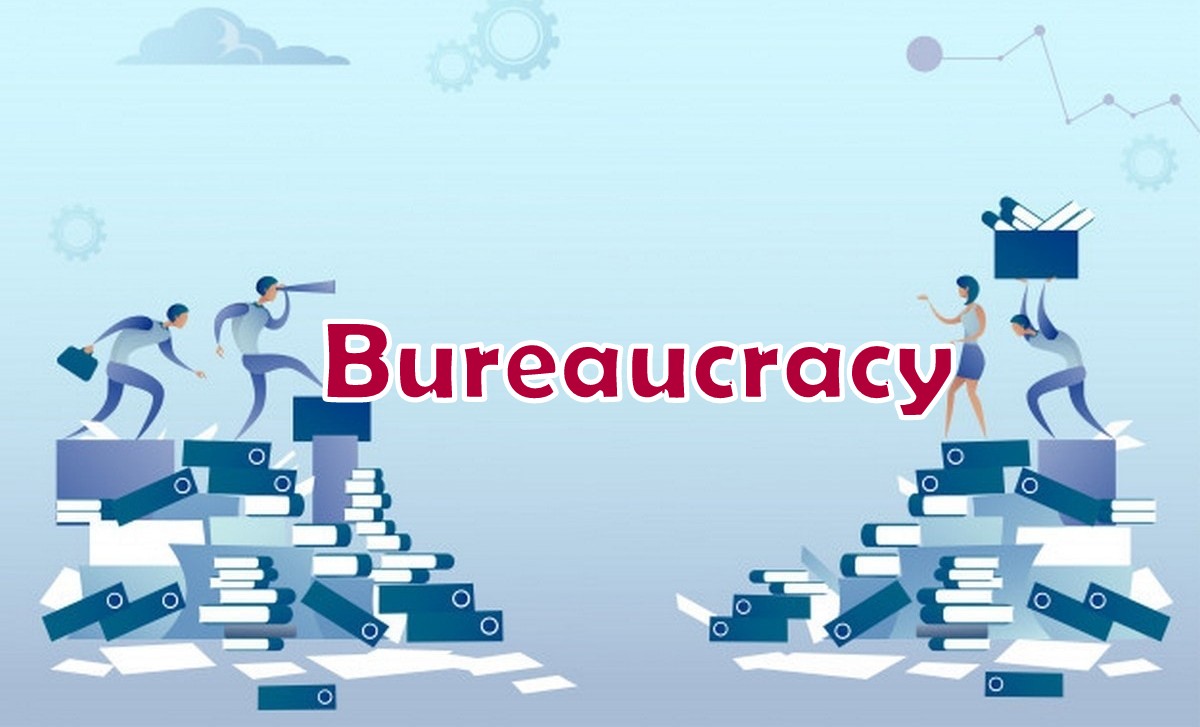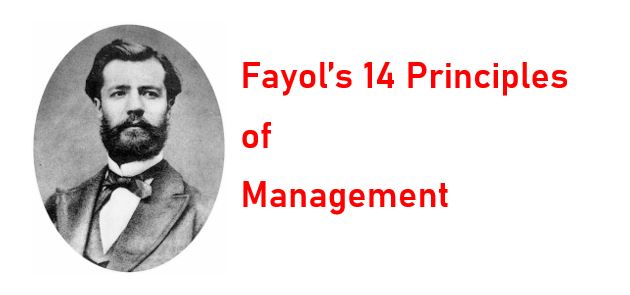Functions of Management Planning, Organizing, Staffing, Directing and Controlling Functions of Management All the managers have to perform certain functions in an organization to get the things moving. But there is never complete agreement among experts on what functions should be included in the management process. Some classify these functions into four types, some […]
Category: Organisational Behaviour
Concept of Management – Meaning, Definitions, Nature, Features and Importance
Concept of Management Meaning, Definitions, Nature and Importance of Management Concept of Management Meaning Management is the administration of an organization, whether it is a business, a non-profit organization, or a government body. It involves the way the managing body takes decisions, deals with employees, and interacts with the business environment. Scholar from different […]
Trait Theory of Personality – Assumptions, Important Trait Theories, Strengths and Weaknesses
Trait theory Assumptions, Important Trait Theories, Strengths and Weaknesses Trait theory presents a quantitative approach to the study of personality. It visualizes personality as reflection of certain traits of the individual. This theory postulates that an individual’s personality is composed of definite pre-dispositional attributes called traits. A trait may be defined as any distinguishable, relatively […]
Common Difficulties in Decision Making/ Problems in Decision Making
Common difficulties in decision making/Problems in Decision Making Some common difficulties in decision making and implementing them are as follows: i. Incomplete information This is a major problem for every manager. Lack of information leaves a manager adrift in a sea of uncertainty. Not only this, most decisions involve too many complex variables for one […]
Models of Decision Making Behavior- Rationality in Decision Making
Models of Decision Making Behavior Rationality in Decision Making The question of rationality has long engaged the attention of decision theorist. Some of them hold the view that a manager is completely rational in his decisions. Some say that he is completely irrational. Still other say that he exercises limited rationality. These three types of […]
Approaches to choose best alternative in Decision Making
Approaches to choose best alternative in Decision Making After evaluation of various alternatives, the next step is the selection of the best solution. It requires an ability to draw distinction between seen and unseen forces, between tangible and intangible and intangible forces between facts and guesses. The ability to select the best course of action […]
Types of Separation in HRM- Resignation, Retirement, Layoff, Retrenchment
Types of Separation in HRM Resignation It is a voluntary separation initiated by the employee himself. An employee may resign on grounds of ill-health, marriage, pregnancy, better opportunities in other organization etc. Retirement This is the common form of separation of employees form the organization. There are three kinds of Retirement: i. Compulsory Retirement […]
Bureaucracy – Meaning, Features, Advantages and Problems
Bureaucracy Meaning, Features, Advantages and Problems A bureaucracy is an administrative or social system that relies on a set of rules and procedures, separation of functions and a hierarchical structure in implementing controls over an organization, government or social system. Large administrative staffs are most common in large organizations that need standardized rules and procedures […]
Hawthorne Experiments – Illumination Experiments, Mass Interviewing …
Hawthorne Experiments The Hawthorne plant of the General Electric Company, Chicago was manufacturing telephone system bell. It employed about 30,000 employees at the time of experiments. There was dissatisfaction among the workers and productivity was not upto the mark. In order to find out the real cause behind this, a team was constituted led […]
Fayol’s 14 Principles of Management
Fayol’s 14 Principles of Management Henry Fayol (1841-1925) was a French mining engineer ; director of mines who developed general theory of business administration. He was the most influential contributor to modern concept of management. He proposed the five primary functions of management (Planning, Organising, Controlling, Directing, Coordination). And also given the 14 principles of […]


